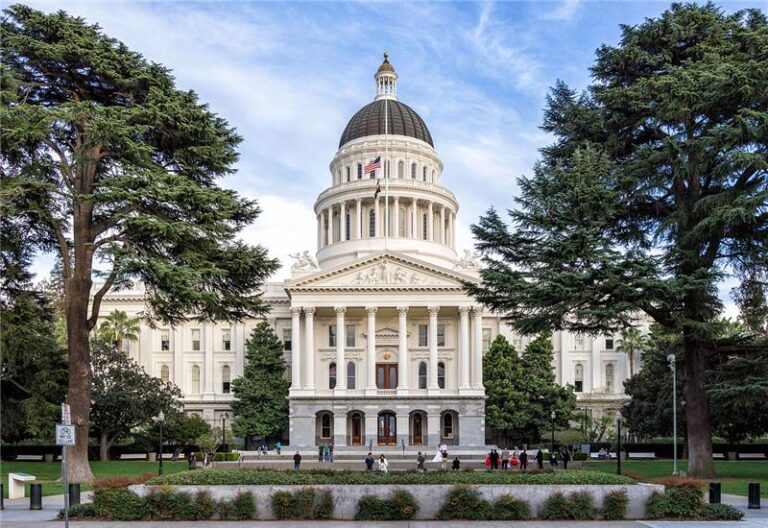FOR IMMEDIATE RELEASE
July 2, 2025
Contact: Stefanie Lao, stefanie@fcpcommunications.com, (818) 261-6871
Power In Nature Coalition Responds to California’s 2025-2026 Budget
SACRAMENTO, CA — The Power In Nature coalition responded today to the 2025-2026 state budget signed by Governor Newsom, highlighting the following:
- State legislators pausing the elimination of key positions at state agencies charged with protecting wildlife, parks, and water.
- The gutting of CEQA will negatively impact wildlife habitat and biodiversity, and make it harder for California to reach its goal to protect 30% of land and coastal waters by 2030.
- The need to approve and fund an expenditure plan for Proposition 4 this summer.
Please see below for statements on each of these topics.
Statement from Liv O’Keeffe, Senior Director of Public Affairs for the California Native Plant Society, on the news that legislators temporarily stopped the reduction of open positions at California agencies that are critical for protecting lands:
“We deeply appreciate the Legislature’s decision to pause and assess the proposed elimination of open positions at the California Department of Fish and Wildlife, State Parks, and the State Water Resources Control Board. These positions help ensure continued progress on essential responsibilities, such as permitting, law enforcement, and biodiversity conservation. Maintaining critical staffing capacity will go a long way toward protecting communities, improving resilience to wildfires and floods, and safeguarding our shared natural heritage for future generations. Between now and January, we will be making a strong case for these positions to remain in place.”
Statement from Melanie Schlotterbeck, Conservation Consultant for Hills For Everyone, on how CEQA rollbacks will negatively impact California’s habitat and biodiversity:
“In a year marked with attacks on our public lands from the federal government, we need California to stand strong as a leader on conservation and climate action. The CEQA rollbacks are a major step backward. The bottom line is this: These changes to CEQA will not only lead to the loss of habitat and biodiversity in our state, we will lose important mitigation opportunities that help us reach 30×30. It will make it harder to achieve our 30×30 goals. At a time when nature should be at the forefront of protection, we are seeing proposals for excessive habitat destruction in the name of fire protection. At Chino Hills State Park, the City of Chino Hills–where no habitable structures exist along the Park’s boundary–is eyeing destroying sensitive habitat. Without CEQA protections in place for habitat, the loss of wildlife and plant communities would be devastating and counter to the reason this park exists.
We thank the legislators who spoke up in support of habitat protections and call on the leadership of the State Assembly and Senate and Governor Newsom to champion a clean-up bill that will address these immense shortcomings.”
Statement from Eamon O’Byrne, executive director of Sonoma Land Trust on the Legislature’s failure to establish an expenditure plan for Prop 4 funding:
“To preserve a livable state for the future, California must continue prioritizing efforts that preserve our biodiversity and support nature based solutions in our state budget. That’s why we’re seriously concerned that California currently doesn’t have an expenditure plan for Prop 4 funds and we urge them to make appropriations by August.
We are making meaningful progress towards achieving California’s 30×30 commitment, but we still have millions of acres of land and coastal waters to protect and manage. Releasing Prop 4 funds (approved by the majority of California voters) is critical to meeting this crucial deadline.”
Background on 30×30:
Scientists worldwide agree that to protect life as we know it, we must conserve at least 30% of the Earth’s lands and coastal waters by 2030. In 2020, Governor Newsom committed California to the 30×30 goal, and in 2023, that goal became state law.
California is making strong progress towards 30×30, but millions of acres still must be conserved in less than five years. Preserving the state’s lands and coastal waters will help address the impacts of climate change, protect animal and plant species at risk for extinction, and expand access to nature for Californians.
# # #
About the Power In Nature Coalition
Power In Nature is a statewide coalition of over 250 community groups, environmental and conservation organizations, land trusts, Indigenous organizations, and Tribal members dedicated to advancing California’s 30×30 commitment. The Power In Nature coalition has identified nearly 100 potential 30×30 projects across the state and works on a broad range of issues, including biodiversity protection, climate resilience, equity, recreation, outdoor access, and social justice. For more information, visit PowerInNature.org.



